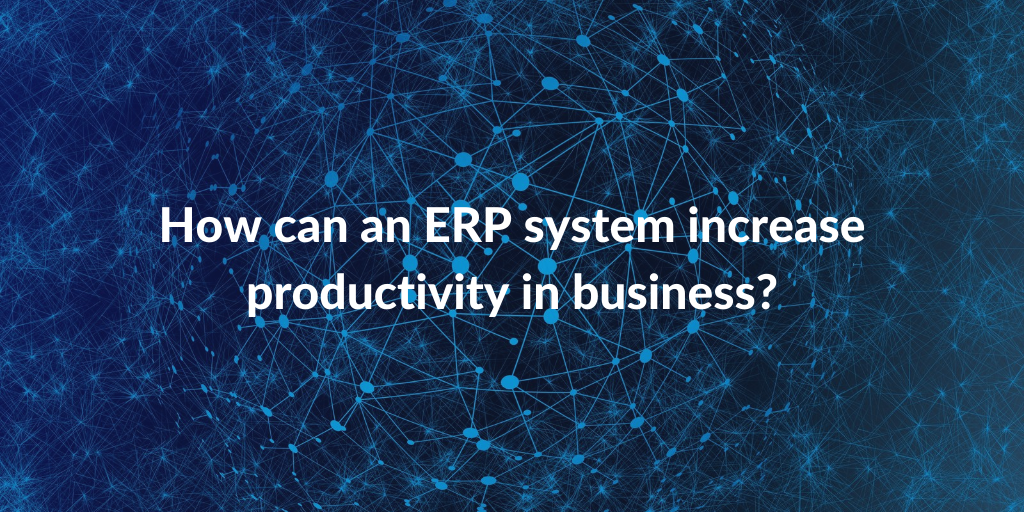Categories
Tags
Newsletter
Subscribe to the QRP International neswletter and get all the news on trends, useful contents and invitations to our upcoming events
Subscribe
Over the last decade, the digital transformation of small and medium-sized enterprises in our country has only increased. Few companies have not yet started a digitalization process, as the importance of implementing software and digital tools for business management has become indispensable for the success of a business.
New developments and innovations in the field of business technology continue to support the optimisation of management and there is increasingly sophisticated software that enables companies to develop their business, increase productivity and make them more competitive.
An ERP system (Enterprise Resource Planning), is a software or management system that allows the planning of all the resources of a company and includes all the necessary processes and departments involved in the company’s activity.
These systems make it possible to unify all the company’s information in a single place where any authorised person can access it at any time. The centralisation of information makes internal communications smoother and increases business efficiency.
Today, there are very few companies that have not yet implemented internal management software. Not so long ago, it was thought that it could only be used in large companies and multinationals, whereas in practice it can be adapted to any type of company, regardless of its size or scope.
What is certain is that the degree of necessity may change depending on the business in which the company is engaged. For example, in the case of e-commerce, in order to carry out business properly, it is necessary to have process management software in place.
The technology used in business management software allows you to automate internal tasks and keep track of all activities in each area of the business. Automating processes also allows you to focus on other, more value-adding activities to maximise the performance and economic benefits produced by the company.
Because all information is centralised in one place, all departments can access it through the software. In this way, information is constantly exchanged and real-time collaboration is possible, which greatly facilitates decision-making.
In addition, the company-wide information sharing can be very useful to know the performance within each sector. With the help of an ERP system, you can obtain sales reports, see the company profitability as well as objectives that are fulfilled.
This is a type of ERP system that requires no installation of either hardware or software. As the name suggests, it is cloud-based, so therefore there are no devices needed. You can access it through a web browser or mobile application.
There are many advantages, such as saving time and professional resources, as there is no need to worry about maintenance, security or upgrades. Another advantage is that you don’t need very specialised training to use an ERP, as these solutions usually come with a support team.
Increased employee productivity: employees will have simplified tasks and it will be easier to focus on those tasks that require more attention, which will bring additional value to the business.
Improved internal communication: by making information available to all departments in real-time, internal communication will be facilitated.
Integrating your business software with other systems, such as the company’s telephone system, can bring you even more benefits in your customer relationship management. Here are some of these advantages:
In today’s fast-paced, constantly changing environment, increasing productivity and adaptability is not optional but obligatory, which can be achieved with the right tools. In this environment, technological advantage lies in changing business models and rethinking traditional business areas.
Logically, any improvement must be analysed in its competitive environment, which requires the coordination of the different company departments and their resources. In this sense, the ERP system combined with a telephone system is an indispensable element for the company. This is a good starting point for considering any improvements to the management processes.